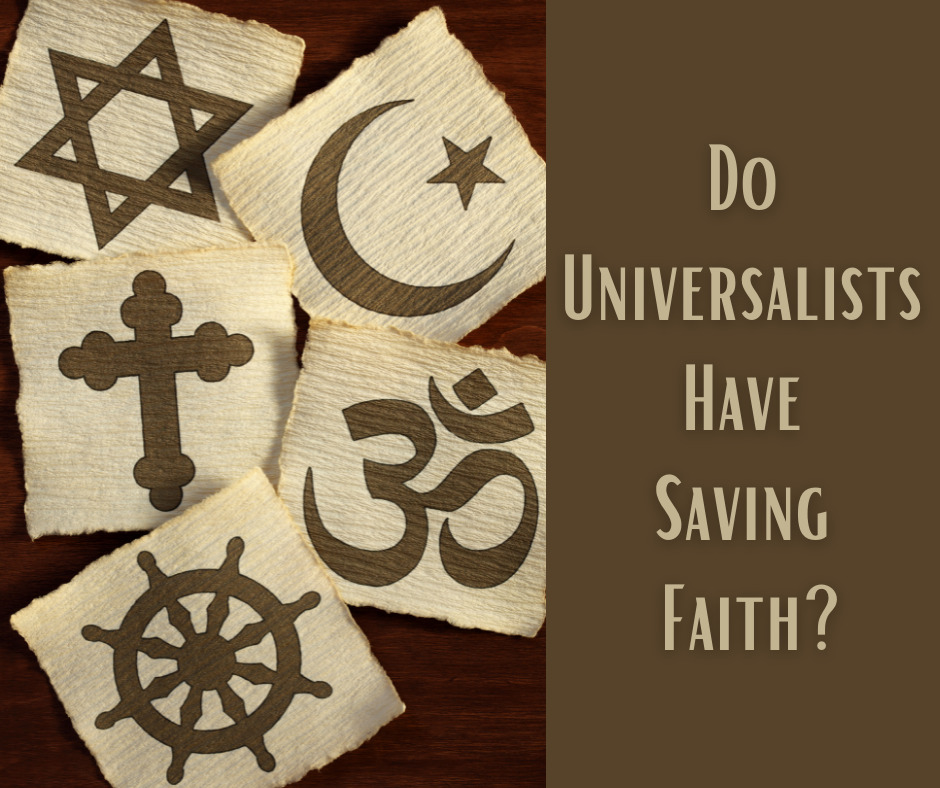In the panorama of world faiths, the Baha’i Revelation emerges as a refreshing stream, delineating a vision that transcends traditional notions of exclusivity. The concept of “One Chosen People” often evokes imagery of a singular group favored by divine providence. Yet, from a Baha’i perspective, this notion is infused with complexity and universality, inviting adherents and seekers alike to embrace a broader spiritual understanding.
Central to Baha’i teachings is the belief that humanity, as a whole, constitutes one family, united under the aegis of a single Creator. This profoundly egalitarian outlook is predicated on the conviction that all religions stem from the same divine source, each contributing unique insights that illuminate the path to spiritual understanding. Just as the sun casts its radiant light upon diverse landscapes, so too does divine guidance manifest in myriad forms, fostering a mosaic of religious expression.
At the heart of this perspective lies the concept of progressive revelation. Baha’is hold that God has sent a succession of Manifestations, or Prophets, throughout history—each uniquely equipped to address the specific needs and conditions of their respective epochs. From the teachings of Moses, Jesus, and Muhammad to the more recent appearance of Baha’u’llah, each figure has reaffirmed the continuity of divine guidance while also heralding new principles that adapt to the evolving spiritual consciousness of humanity.
The metaphor of the tree elucidates this principle beautifully. Like a tree that grows taller and develops new branches, the revelations of God build upon each other, fostering a collective growth toward a shared destiny. Each Manifestation adds to the rich tapestry of spiritual understanding, yet none diminishes the significance of those that came before. This interconnectedness reinforces the idea that there is no singular “chosen” people, but rather a collective humanity called to cultivate a spirit of unity and cooperation.
Transitioning to the practical implications of this inclusive paradigm, Baha’i teachings advocate for the establishment of a global community founded on principles of justice, equality, and universal peace. The contention that one group holds a monopoly on divine favor is dismantled, encouraging a world where cultural diversity is celebrated rather than suppressed. The notion of universal participation engenders a sense of collective responsibility, prompting individuals from all walks of life to contribute to the betterment of society.
Moreover, the Baha’i Faith posits the importance of education and knowledge-seeking as vital components for fostering individual and communal advancement. Engaging the mind and spirit is seen as essential in developing a mature understanding of one’s place in the interconnected web of existence. This emphasis on enlightenment is akin to planting seeds in fertile soil—allowing individuals to flourish in their personal journey while simultaneously contributing to the garden of humanity.
A defining feature of the Baha’i approach is its emphasis on the elimination of prejudice. The teachings underscore that divisions such as race, nationality, and religion are barriers that must be dismantled to achieve true harmony. The Baha’i community embodies this ethos through its diverse membership, reflecting a microcosm of global society, where individuals from various backgrounds come together in worship and service. This magnetic appeal fosters a sense of belonging, empowering individuals to rise above societal discord and contribute meaningfully to collective endeavors.
Furthermore, the Baha’i principle of consultation provides a potent mechanism for decision-making within both community and individual spheres. This practice engenders a spirit of synergy, wherein diverse perspectives are valued and collaboratively synthesized. Unlike conventional hierarchies that may delegate authority to singular figures, consultation democratizes leadership, thus reinforcing the principle that all voices matter within the framework of divine purpose.
Ultimately, the Baha’i paradigm of “One Chosen People” evokes a vision of humanity as a singular entity—striving together toward a common destiny. It transforms the question of chosenness into a shared opportunity for service and spiritual growth. The allegory of the ocean symbolizes this profound unity: while each individual may represent a distinct drop of water, they collectively contribute to the vastness and depth of the sea. In this way, the Baha’i Faith harmonizes the seemingly disparate elements of personal belief with a broader commitment to universal progress.
In conclusion, the Baha’i perspective on the idea of “One Chosen People” transcends the exclusivity often associated with such terms. It invites reflection on the innate potential for unity within diversity—a call to recognize that each person is chosen to contribute to the collective journey of humanity. Embracing the tenets of equality, justice, and progressive revelation, the Baha’i teachings inspire a transformative understanding of faith that seeks to uplift and unify, fostering a world characterized by love, respect, and peace.
